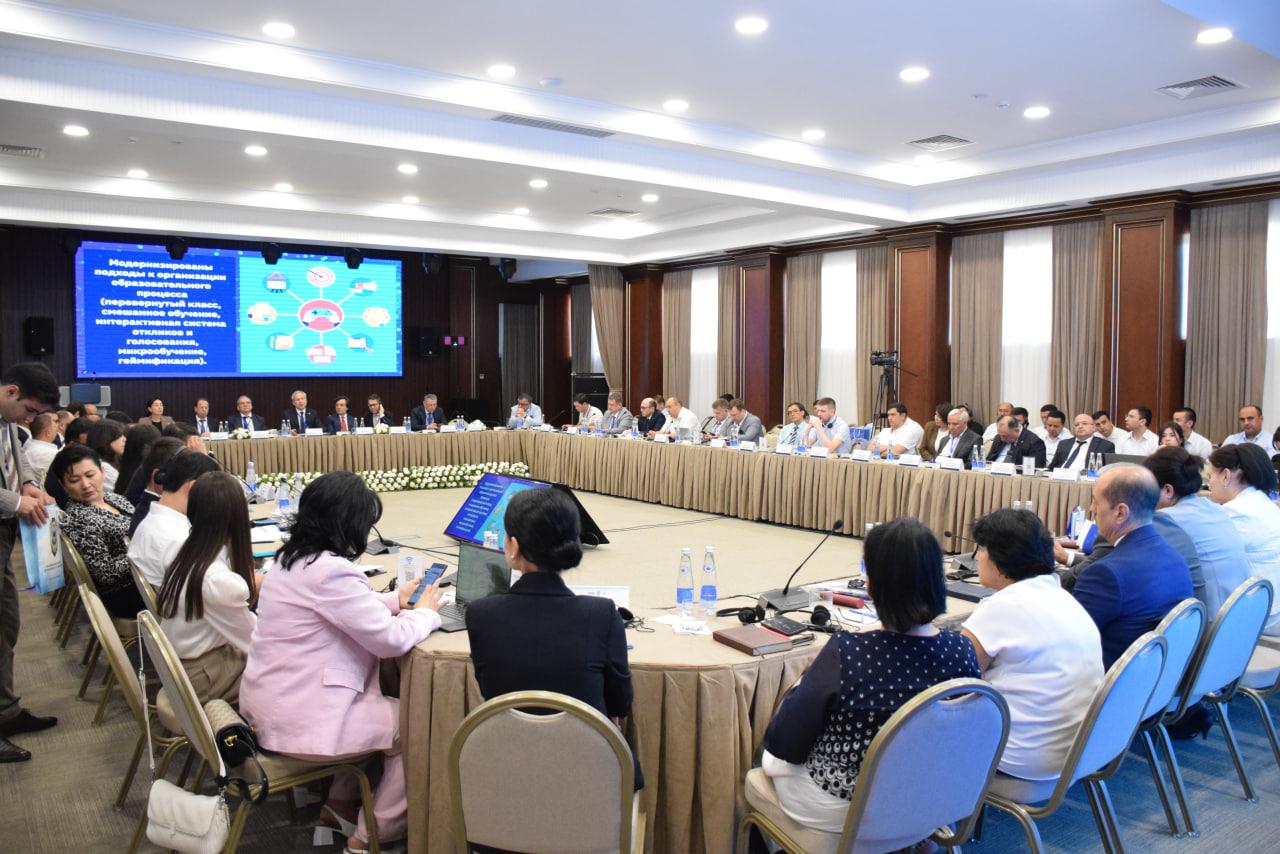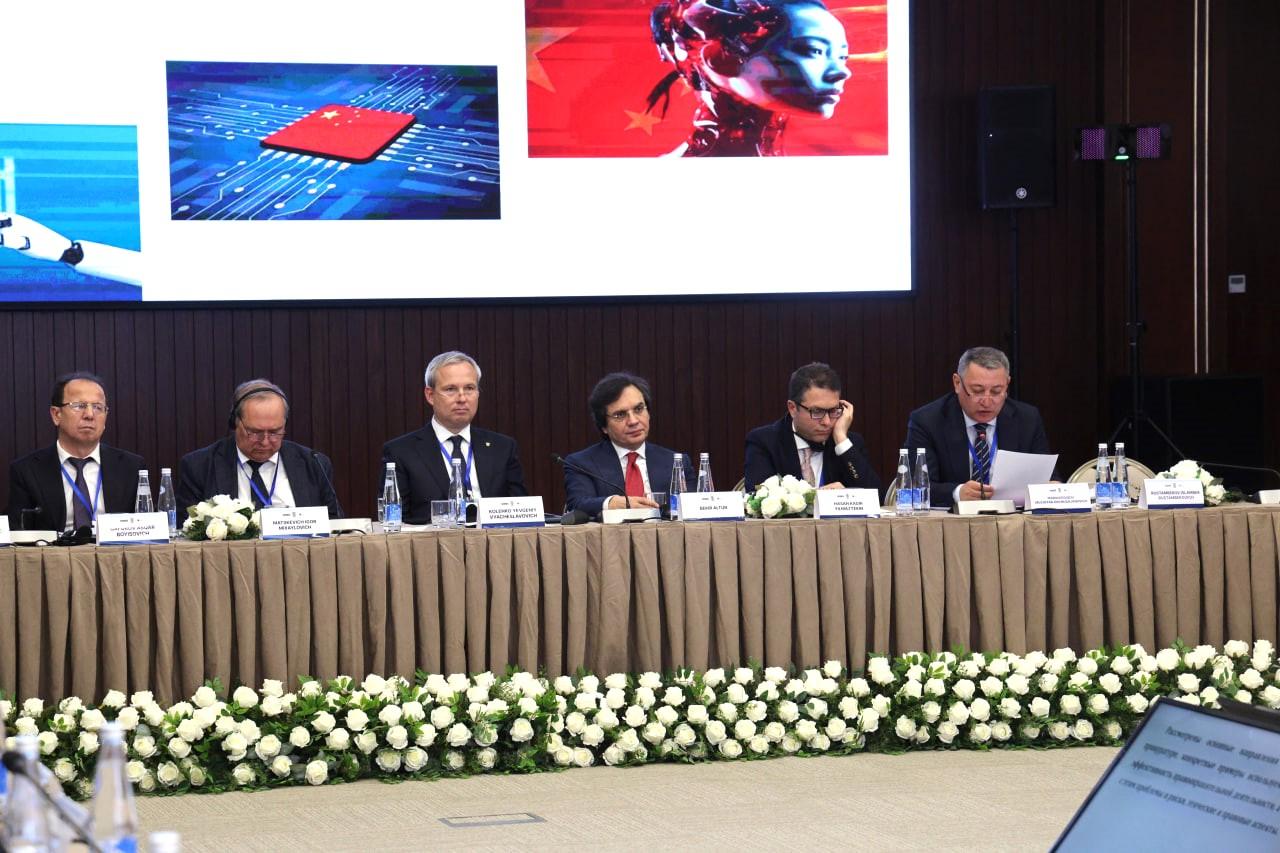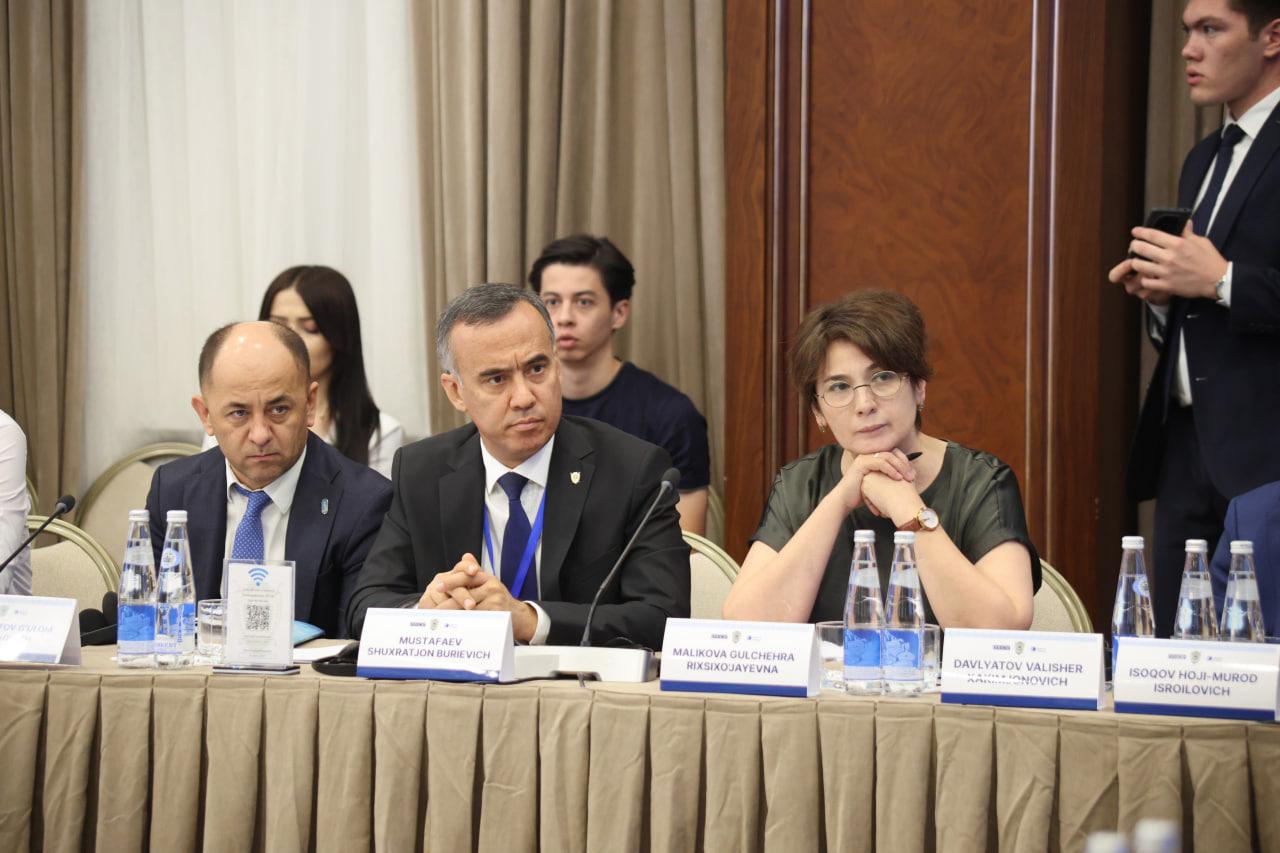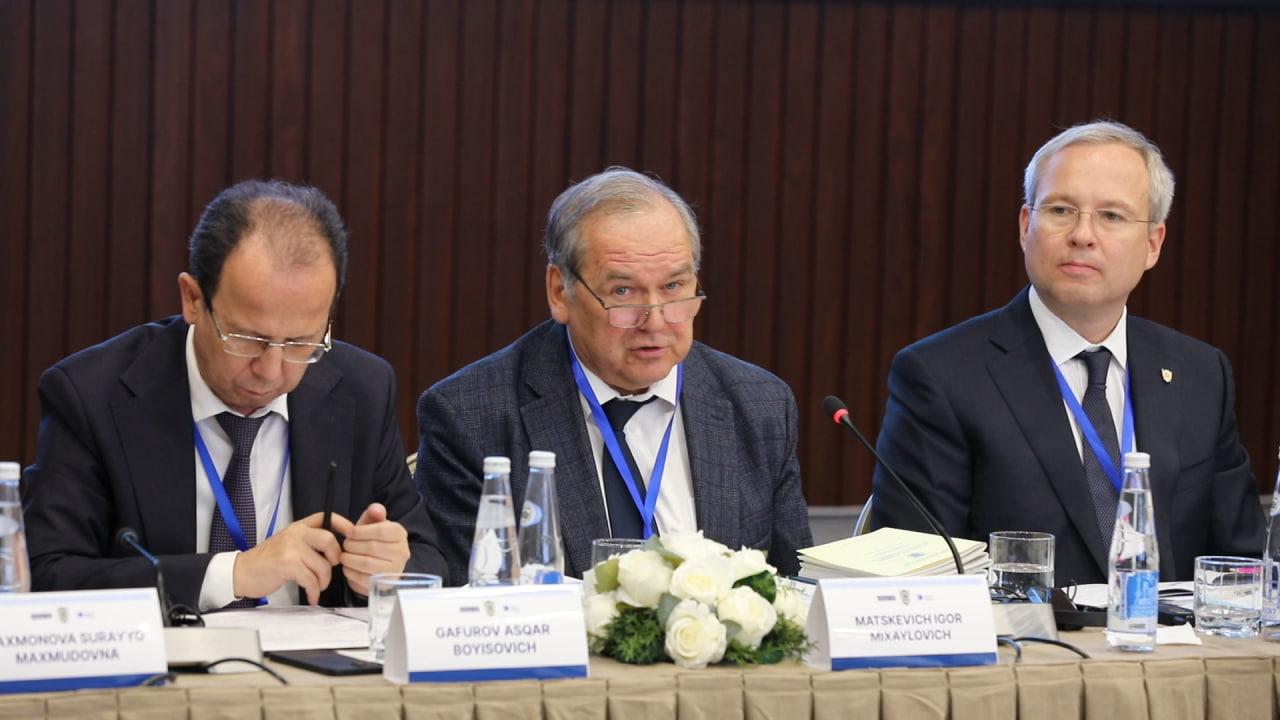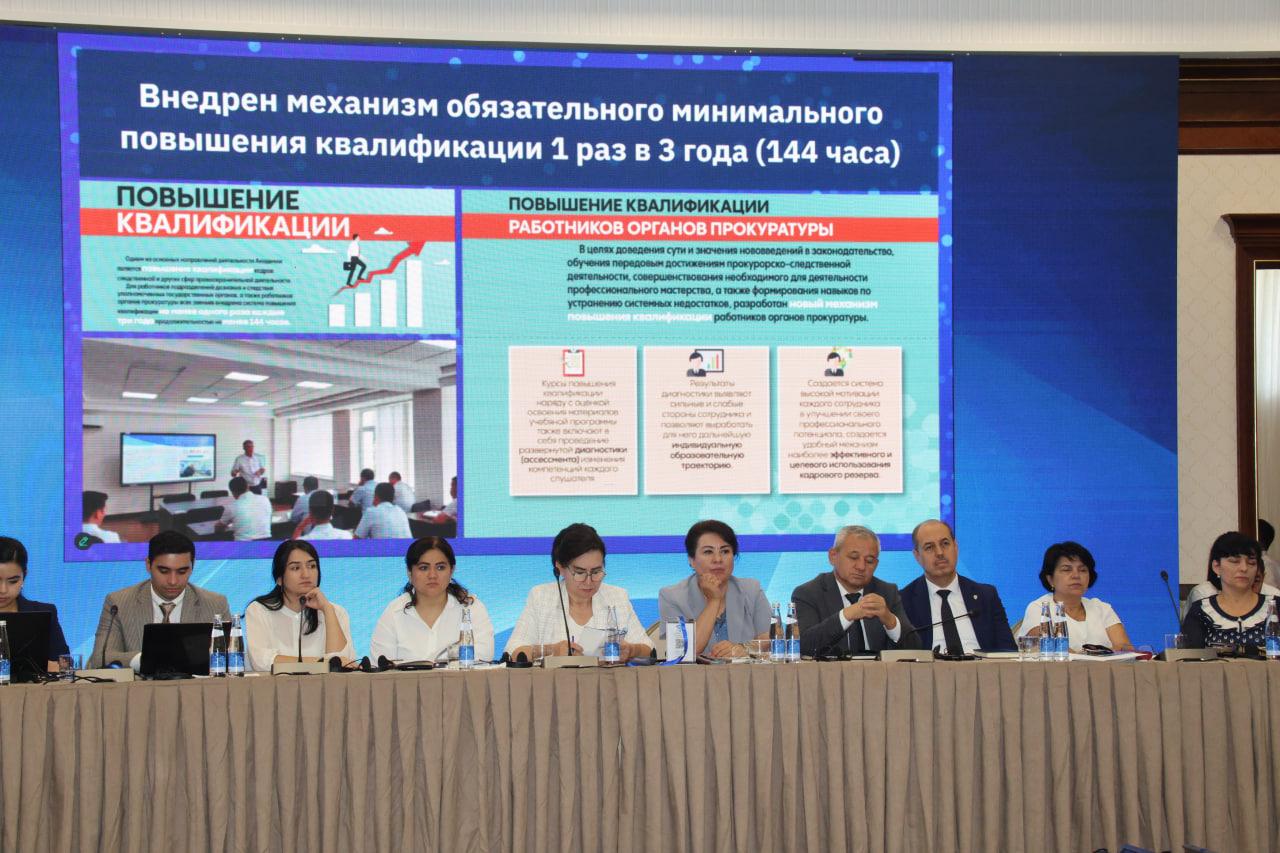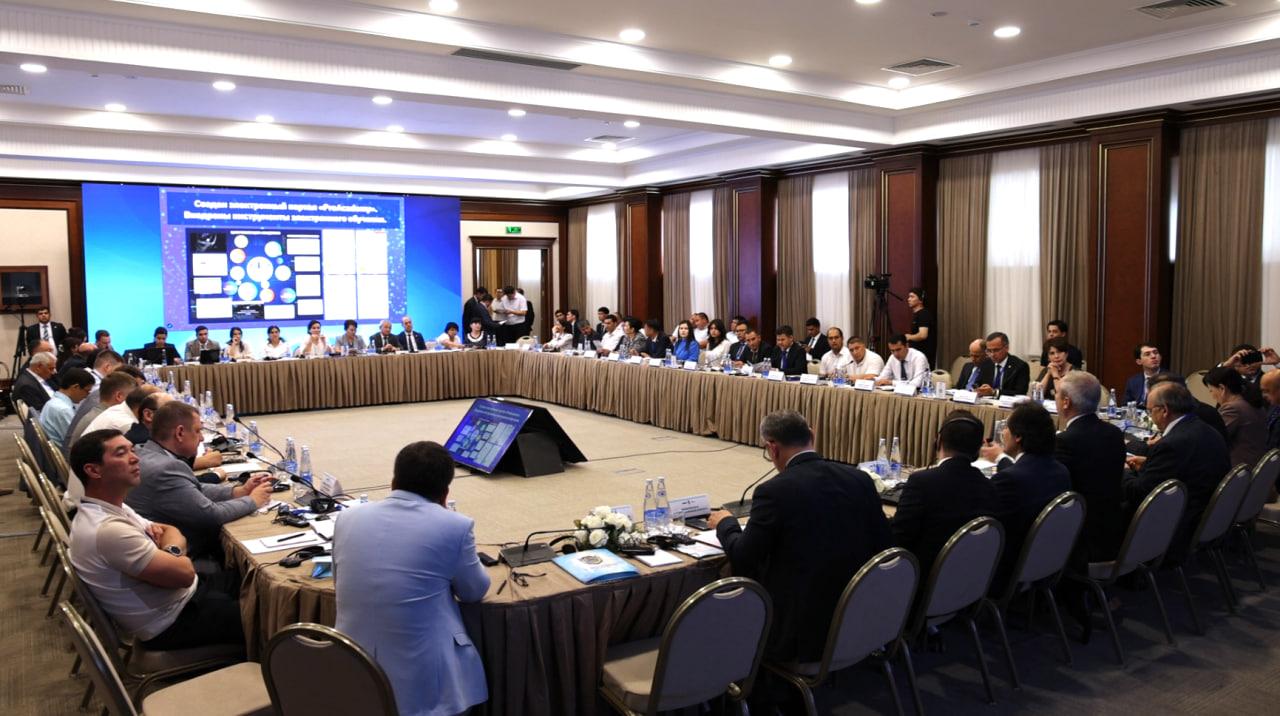“Current Issues of Science and Education in Law Enforcement” Parallel Session
As part of the international scientific-practical conference “Modern Challenges and Threats in Law Enforcement Activities in the Era of Digital Transformation”, a parallel session titled “Current Issues of Science and Education in Law Enforcement” was held.
The goal of this parallel session was to thoroughly analyze the role of education and science in the sphere of law enforcement, discuss innovative ways to improve the quality of staff training, and develop effective solutions for new threats and opportunities arising in the era of digital transformation.
The session focused on enriching international knowledge within law enforcement institutions, strengthening the link between practice and theory, and identifying the most effective methods for transferring legal knowledge through modern educational platforms and technologies.
More than 50 legal scholars from over 10 countries — including Uzbekistan, Turkey, the United Kingdom, Kazakhstan, the Russian Federation, Kyrgyzstan, Sweden, Belarus, and Tajikistan — participated. Notable participants included: Bekir Altun – President of the Turkish Justice Academy. Igor Mikhailovich Matskevich – Rector of the Prosecutor’s University of the Russian Federation. Vladimir Vasilyevich Ovchinnikov – Director of the International Network Institute for Combating Money Laundering and the Financing of Terrorism.
Representatives of the Supreme Court of the Republic of Uzbekistan, the General Prosecutor’s Office, the Ministry of Internal Affairs, and other law enforcement authorities, as well as national scholars, participated in the session.
During the session, extensive attention was devoted to scientific presentations on the following topics: the impact of digital technologies on law enforcement activities; the digitalization of the education system within law enforcement agencies, including modular and distance learning platforms; the effectiveness of e-learning platforms; mechanisms for integrating education and practice; harmonization of academic training and service practice; international accreditation and legal education standards; development of the field through scientific research; cooperation between academic institutions and law enforcement bodies in scientific and practical projects; the advancement of legal studies and their integration with other disciplines; and issues related to the balance between human rights and digital technologies.
During the event, a Memorandum of Cooperation was signed between the National Human Rights Center of the Republic of Uzbekistan and the Law Enforcement Academy.
This parallel session served not only to assess the current state of education and science within the field of law enforcement but also to define its future priorities. The international connections established between participants are expected to form the basis for joint scientific projects. In addition, a special compilation of conference materials based on the session is being prepared.

